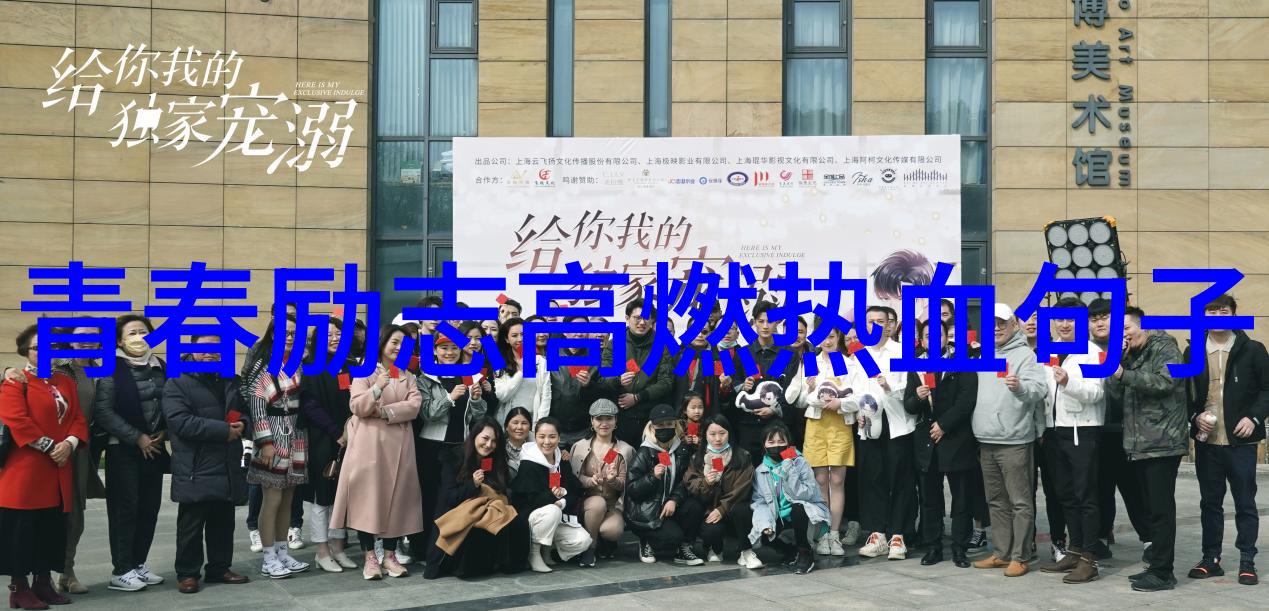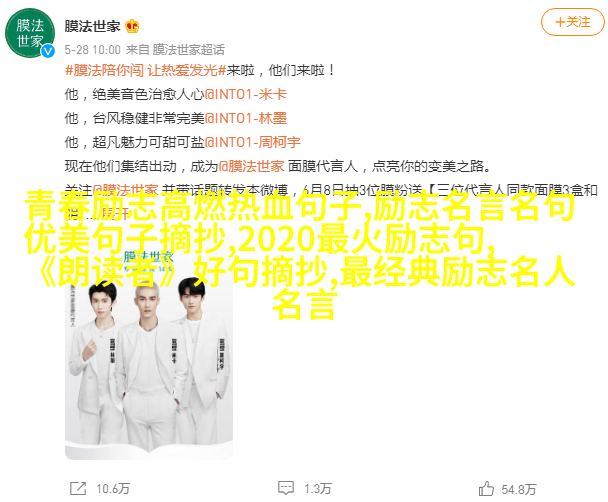人民文学作品中的民族特色和价值观念
在长河流淌的历史岁月中,中华文化如一座巍峨的城堡,被无数的艺术家们用他们的心血、智慧和创造力来装饰。其中,人民文学作为一种深受国民喜爱的文学形式,其独特的人民性格和民族特色是其最为显著的标志之一。在这篇文章中,我们将探讨人民文学作品中的民族特色,以及这些作品所蕴含的深远价值。

人民文学与民族特色
文学内涵与意义

“人民文学”这个词汇,在中国文化语境下具有非常特殊的地位,它代表了一种从人民群众中汲取灵感、反映社会现实并传递希望与理想的一种文学创作方式。这不仅是一种艺术表现,更是一种精神追求,是对国家命运的一份承诺,也是对未来发展的一份期待。因此,人民文学在内容上往往强调革命性、时代性、主题性的同时,也注重表现广大劳动者、农民、小资产阶级等各个阶层人的生活状态和情感体验。
民族特色的展现

国际视角下的中华美好
Peoples' Literature, a term that encapsulates the essence of Chinese literature, is characterized by its strong roots in the people and their experiences. The unique cultural heritage and historical context of China have shaped this genre into something distinct from other literary forms. It reflects the nation's spirit, values, and beliefs that are deeply rooted in its history.

From classical works like "The Dream of the Red Chamber" to modern novels such as "The Family", Chinese literature has been a reflection of society's transformation and growth. Through these stories, we can gain insights into traditional social structures, cultural norms, and philosophical thoughts that define our national identity.
中国古典文艺复兴

In ancient China during the Tang Dynasty (618-907 AD), there was an era known as "Golden Age" where art flourished under Emperor Taizong's rule. This period saw significant advancements in calligraphy, painting, poetry and music which were patronized by royal courts. Poets such as Du Fu (712-770 AD) with his vivid descriptions of war-torn landscapes; Bai Juyi (772-846 AD) who wrote about everyday life; Li Bai (701-762 AD) for his romantic verses - all left indelible marks on Chinese literature.
These works not only showcased great mastery over language but also reflected upon societal issues like poverty & inequality which later became a theme for many future generations to build upon.
当代中国:现代化进程中的文艺创新
Fast-forwarding to contemporary times when China embarked on its path towards modernization after 1949 revolution led by Communist Party Of China(CPC). During this period People’s Literature continued evolving adapting itself to changing socio-political landscape while keeping core tenets intact.
For instance novelists such as Lu Xun(1881–1936) exposed dark aspects of feudal society through satirical writings , Mao Dun(1896–1981)'s 'Midnight', considered one among first true proletarian novels ever written , gave voice to common man’s plight . These writers played crucial role shaping public opinion against feudalism & imperialism paving way for socialist revolution .
In conclusion People’s Literature since inception has been reflecting nation's soul . Its evolution mirrors country’s journey from dynasties past through wars fought till present day reforms . Despite undergoing transformations it remains quintessentially 'Chinese' embodying values cherished across millennia – harmony between nature human beings family community state etcetera
结论
People's Literature is more than just words on paper or inked brush strokes; it is an embodiment of our collective consciousness—a mirror held up against ourselves—and serves as a reminder of our shared humanity. By exploring these stories we come closer together forging bonds stronger than ever before while fostering hope for brighter futures ahead.